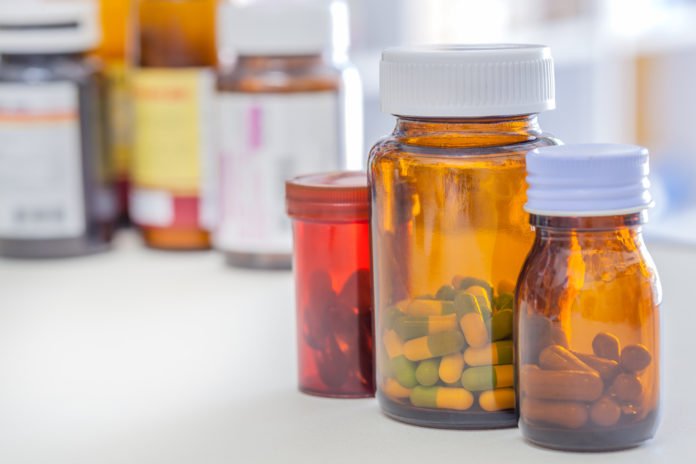This article explains what are the signs of a drug reaction, how to prevent and treat them, and why you should use a drug reaction checker before taking any medicine.
A drug reaction is an unwanted or unexpected effect of a medication, supplement, or herbal product. It can range from mild to severe and may occur soon after taking the drug or after a long period of use.
Some common signs of a drug reaction include rash, itching, swelling, fever, nausea, vomiting, headache, and dizziness. If you experience any of these symptoms, you should stop taking the drug and seek medical attention.
You can also use a drug reaction checker to find out more about the possible causes and treatments of your reaction.
What are the signs of a drug reaction?
The signs of a drug reaction depend on the type and severity of the reaction. Some common signs include:
- Skin problems: You may develop red, itchy, flaky, or swollen skin. You may also have hives, blisters, or peeling skin. These are signs of an allergic reaction or a rash caused by the medicine.
- Fever: You may have a high temperature that does not go away with normal treatment. This could be a sign of an infection or an inflammation caused by the medicine.
- Breathing problems: You may have trouble breathing, wheezing, coughing, or chest tightness. These are signs of an asthma attack or anaphylaxis caused by the medicine. Anaphylaxis is a severe allergic reaction that can be fatal if not treated quickly.
- Digestive problems: You may have nausea, vomiting, diarrhea, stomach pain, or bleeding in your digestive system. These are signs of a stomach ulcer, a liver problem, or a bleeding disorder caused by the medicine.
- Mental problems: You may have changes in your mood, behavior, memory, or thinking. You may also have hallucinations, confusion, or seizures. These are signs of a brain problem or a psychiatric disorder caused by the medicine.
- Other problems: You may have other symptoms that affect your eyes, ears, kidneys, blood cells, muscles, joints, or nerves. These are signs of various organ damage or diseases caused by the medicine.

How to prevent and treat a drug reaction?
The best way to prevent a drug reaction is to avoid taking medicines that you are allergic to or that can interact with other medicines you are taking.
You should always read the label and follow the instructions of your doctor or pharmacist before taking any medicine.
You should also inform them about any allergies or medical conditions you have and any other medicines or supplements you are using.
If you have a mild drug reaction, such as a rash or a headache, you may be able to treat it at home with over-the-counter medicines or natural remedies.
However, if you have a severe drug reaction, such as anaphylaxis or a bleeding ulcer, you should seek emergency medical attention immediately.
You may need to stop taking the medicine and receive injections of antihistamines, steroids, epinephrine, or blood products to reverse the reaction.
Why use a drug reaction checker?
A drug reaction checker is an online tool that can help you identify potential drug reactions before they happen. It can also help you learn more about the causes and treatments of different drug reactions.
A drug reaction checker works by asking you some questions about your symptoms, medical history, and current medicines. Then it analyzes your information and provides you with personalized feedback and recommendations.
Using a drug reaction checker can help you avoid unnecessary risks and complications when taking medicines. It can also help you communicate better with your doctor or pharmacist and make informed decisions about your health.
However, a drug reaction checker is not a substitute for professional medical advice. You should always consult your doctor or pharmacist if you have any questions or concerns about your medicines.
